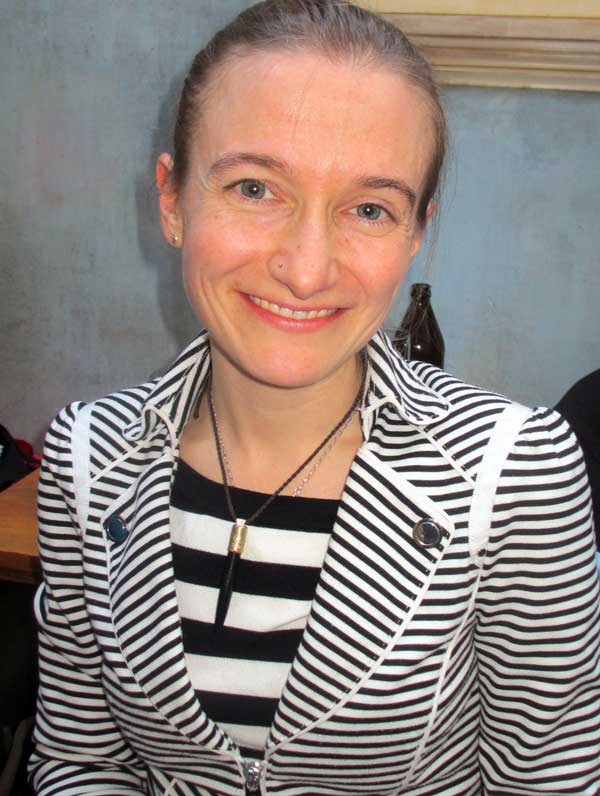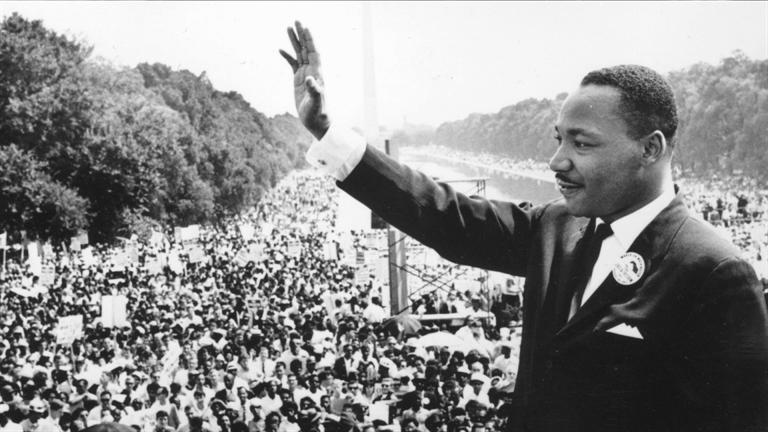“Injustice anywhere is a threat to justice everywhere” – the Rev. Dr. Martin Luther King Jr.
This is the fourth in the blog series by Morgan Healey, immediate past President of ALRANZ, who has recently returned to the US. It aims to bring to life the uniquely absurd state of reproductive rights and justice in the US.
 Normally at this time of year I am preparing my annual blog commemorating the anniversary of Roe v. Wade on the 22nd of January. But instead, in celebration of an incredible life, I want to take the time and space to remember the Rev. Dr. Martin Luther King Jr. (MLK) and the importance of the civil rights movement’s fight for justice in thinking about abortion politics.
Normally at this time of year I am preparing my annual blog commemorating the anniversary of Roe v. Wade on the 22nd of January. But instead, in celebration of an incredible life, I want to take the time and space to remember the Rev. Dr. Martin Luther King Jr. (MLK) and the importance of the civil rights movement’s fight for justice in thinking about abortion politics.
Here in the US, Martin Luther King Jr. day is a public holiday. In theory, such holidays are designed so that we can take time to contemplate the legacies that we have chosen to venerate – veterans, presidents, workers, etc. However, often these holidays inspire nothing more than a passing thought – a day off for some, an ordinary day of work for most. I would imagine that many in this country do not take too much time to consider who or what these days memorialize, and more importantly why, in terms of national identity, we, as a country, have selected certain individuals for commemoration. MLK day (observed on the third Monday in January each year) recognizes both the past and the present: a movement and man that fundamentally challenged the political system of race, and a nation that today is at the cross-roads of racial justice.

As one of the most well known architects of the US civil rights movement (but certainly not the only one – see here for more on black women’s leadership then and now), MLK’s push for equal rights for black people came at a time when more overt forms of racism were socially accepted and de facto (if not de jure) segregation was the norm. Remember, ‘separate but equal’ was the law of the land until Brown v. Board of Education in 1954, and it would take ongoing struggles to begin to integrate public spaces. In 1950s US, equality was a construct denied to generations of people of colour despite Civil War-era constitutional amendments that sought to inscribe black men (and later black women with the 19th Amendment) with equal political rights. The rise of MLK in the 1960s spoke to the anger and frustration of centuries of oppression, and paralleled important challenges to US social and racial mores, with movements like the civil rights movement helping to lay the ground work for reproductive rights success like Roe v. Wade in 1972.
Obviously, I did not live through the socio-political contests of the 1960s, but as I look to US society today the need for social justice movements has never felt more necessary in the face of threats from rolling back Roe to the taking of black lives by police. Perhaps because this MLK day is the first time in 12 years I have been living in the US, I feel a sense of urgency to call on the zeitgeist of the 60s; to remember not just a life or a person, but the promise of a more just society. Something this country needs dearly. In thinking about MLK and (re)reading his words, it strikes me that his legacy and that of a complex movement resonates deeply with the struggle to maintain and ensure abortion rights.
Let freedom ring
In his writings, MLK argued that racial justice would remain elusive without concrete action – action by those who experienced (and continue to experience) oppression. In his Letter from a Birmingham Jail, MLK stated:
We know through painful experience that freedom is never voluntarily given by the oppressor; it must be demanded by the oppressed. Frankly, I have yet to engage in a direct action campaign that was “well timed” in the view of those who have not suffered unduly from the disease of segregation. For years now I have heard the word “Wait!” It rings in the ear of every Negro with piercing familiarity. This “Wait” has almost always meant “Never.” We must come to see, with one of our distinguished jurists, that “justice too long delayed is justice denied”. (emphasis added)
This echoes the words of the venerable Audre Lorde, who stated, “the master’s tools will never dismantle the master’s house”. Generations of pro-choice and reproductive justice advocates understand this – their oppression will not be remedied by others and without their constant struggle and vigilance could easily be eroded. And how many times as activists have we heard the word ‘wait’ in seeking abortion law reform in New Zealand? More times than I can count. And how many pregnant people, suffering under TRAP laws across the US, have felt the yoke of laws that seek to delay their care while ultimately hoping to deny access completely? More times than I care to think about. How long must we wait for justice?
Lessons
As Imani Gandy expressed in her article, Dr. King and the White Progressive, (originally published in August 2015) sometimes the greatest barrier to progress comes from ‘white moderate allies’. Drawing on Letter from a Birmingham Jail, Gandy argues that the white moderates of MLK’s time were similar to the white progressives now, who have criticized the tactics of Black Lives Matter activists.
To quote MLK:
I have almost reached the regrettable conclusion that the Negro’s great stumbling block in his stride toward freedom is not the White Citizen’s Counciler or the Ku Klux Klanner, but the white moderate, who is more devoted to “order” than to justice; who prefers a negative peace which is the absence of tension to a positive peace which is the presence of justice; who constantly says: “I agree with you in the goal you seek, but I cannot agree with your methods of direct action”; who paternalistically believes he can set the timetable for another man’s freedom; who lives by a mythical concept of time and who constantly advises the Negro to wait for a “more convenient season.” Shallow understanding from people of good will is more frustrating than absolute misunderstanding from people of ill will. Lukewarm acceptance is much more bewildering than outright rejection.
In thinking about enshrining abortion within a legal framework, MLK’s words speak incredible truth: who do politicians and moderates think they are in setting the timeframes for another person’s freedom? We listen when they tell us delays are necessary until a “more convenient season”, knowing there will never be a convenient time for the change we are seeking.
And, at least with the antis you know where you stand and what to expect. With lukewarm progressives, acceptance can be the difference between action and feet dragging, between transformation and painfully slow reform. In some ways, I think the acceptance of moderate allies has enabled the incremental roll-back of Roe in the US, and in it certainly has facilitated the lack of traction on abortion rights in Aotearoa New Zealand.
It is time to consider the wisdom of MLK’s words and assess their relevance for us as reproductive rights/justice activists. For me this means joining my voice in the activism of #ReclaimMLK and the movement that spurred a generation of activists. Equality and justice are too important to be left either to progressive whites or middle-class, cisgender, white men to protect. This requires a radical agenda for racial and reproductive justice; one that is daily fermenting in cities and towns across the US.
#ReclaimRoe (a hashtag being used by the All* Above All campaign) and #ReclaimMLK stand shoulder-to-shoulder in the struggle to ensure this world enables all to hold their heads high, to occupy our bodies without fear of violence, to live with dignity and respect, and to experience substantive equality and justice regardless of race, gender, class, sexual orientation or gender identity. Like Roe, a movement cannot and should not be reduced to one single individual. The legacy of MLK is about more than the individual. It is about the radical messages of hope and change that he fostered through his words and actions.
******************
CLICK HERE TO DONATE
TO HELP US CONTINUE OUR PRO-CHOICE WORK
